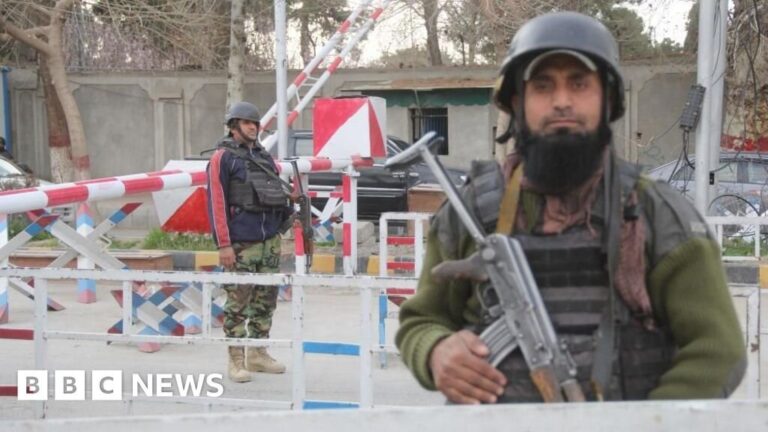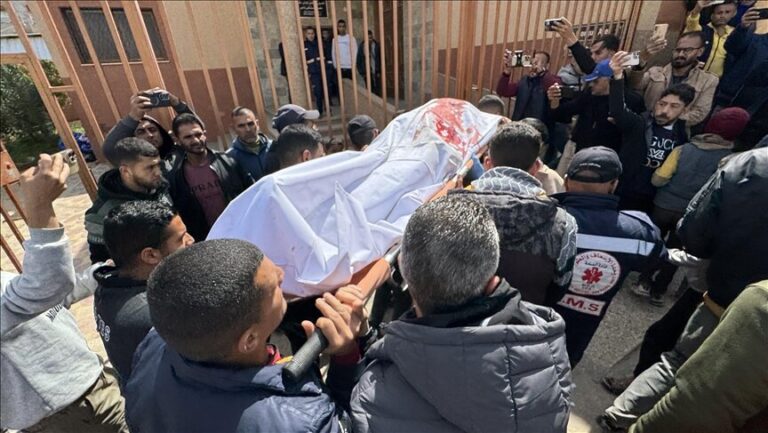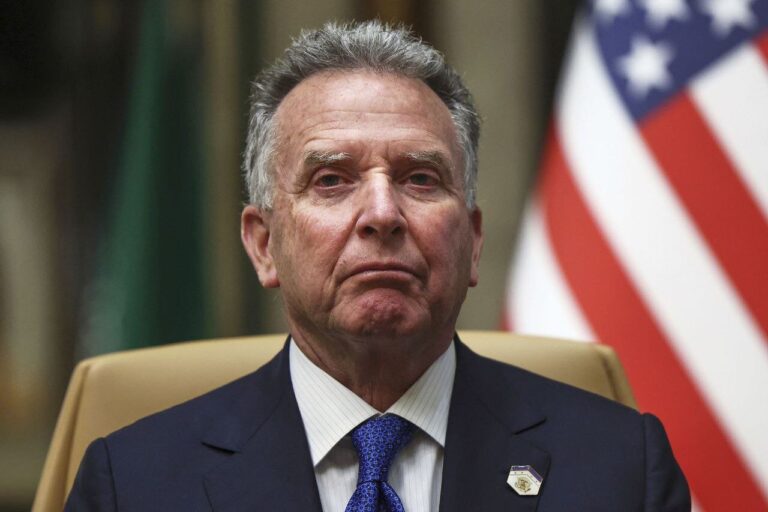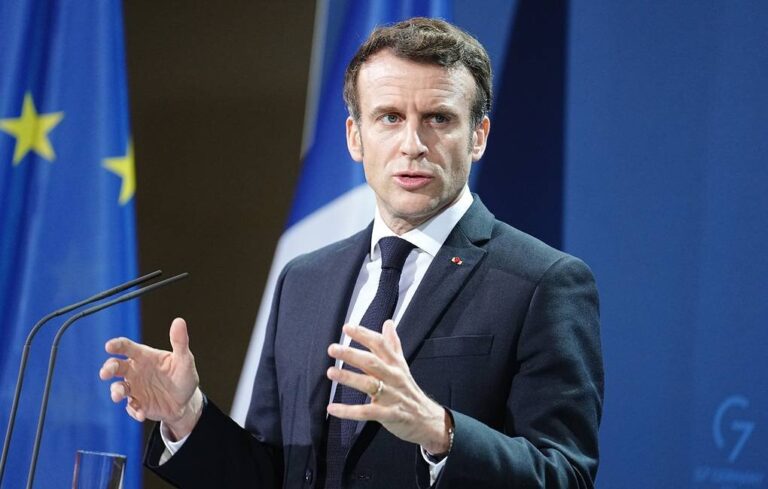Israel’s West Bank Assault: Unraveling Domestic Divisions Amid Rising Tensions
Israel has initiated a significant military operation in the West Bank, responding to increasing pressure on Prime Minister Benjamin Netanyahu regarding his military tactics in Gaza. Following a ceasefire agreement between Israel and Hamas, the Israeli forces have intensified their attacks in the West Bank, raising concerns about the humanitarian situation.
On Wednesday, the Israeli army continued its operations in the highly contested city of Jenin for the second consecutive day. The day prior, Israeli forces reportedly killed ten Palestinians in the city, escalating tensions in the region.
The Palestinian Islamic Jihad resistance movement has openly condemned the Israeli actions. They stated, “We condemn in the strongest terms the systematic displacement, destruction and killing carried out by the [Israeli] army against the Jenin camp and its people.” This condemnation indicates the rising frustration and anger among Palestinian groups regarding the ongoing violence.
Moreover, the resistance group has placed blame on the Palestinian Authority for its role in the violence: “We hold the authority in Ramallah and its security services responsible for participating and colluding in this aggression, after they provided [Israel] with services in imposing a siege on the Jenin camp,” as reported by Al Jazeera.
In addition to military actions, there has been an uptick in violence from Israeli settlers towards Palestinians. Recent reports from the Wafa news agency indicate that numerous Israeli settlers attacked the Palestinian village of Khirbet Aqwiwis, injuring residents. Witnesses noted that settlers beat and pepper-sprayed individuals, leading to several Palestinians, including elderly residents, being hospitalized due to head injuries and fractures.
The escalation of violence appears to coincide with Netanyahu’s attempt to divert attention from his unsuccessful military objectives in Gaza. After 15 months of conflict resulting in the deaths of over 47,000 Palestinians, Israel reached a truce with Hamas, indicating a significant shift in military strategy.
In a notable development, Israel’s military chief of staff, Lieutenant General Herzi Halevi, announced his resignation due to his failure to anticipate the Al-Aqsa Storm—a surprise military operation executed by Hamas on October 7, 2023. His resignation has fueled calls for Netanyahu to step down, with opposition leader Yair Lapid stating, “I salute…Herzi Halevi. Now let the prime minister and his entire disastrous government take responsibility and resign.” Other opposition figures have echoed similar sentiments, demanding accountability in the face of military setbacks.
Beyond the military failures in Gaza, Israel’s renewed assaults in the West Bank are seen as part of its broader expansionist agenda. Israel has been pursuing plans to annex the entire West Bank, which it has occupied since 1967. In recent years, there has been a noticeable increase in settlement expansions within the Palestinian territory, raising significant legal and humanitarian concerns.
According to international law, all Israeli settlements in the West Bank are deemed illegal. This ongoing expansion has drawn criticism from various global entities and underscores the complexities of the Israeli-Palestinian conflict.
Furthermore, the current U.S. administration has shown support for Israel’s expansionist policies. The ambassador to the United Nations, appointed by former President Donald Trump, has publicly endorsed Israel’s claims over the West Bank, asserting that they possess “biblical” rights to the land.
As tensions continue to rise, the situation in the West Bank remains precarious. The combination of military operations, settler violence, and political instability poses a significant threat to the already fragile peace in the region. With both sides entrenched in their positions, the prospect for a peaceful resolution appears increasingly dim.
In summary, the recent military activities in the West Bank are indicative of a larger strategy by the Israeli government to consolidate control over disputed territories. As Prime Minister Netanyahu faces mounting pressure domestically, the implications of this violence extend beyond immediate casualties, affecting the broader geopolitical landscape in the region.






